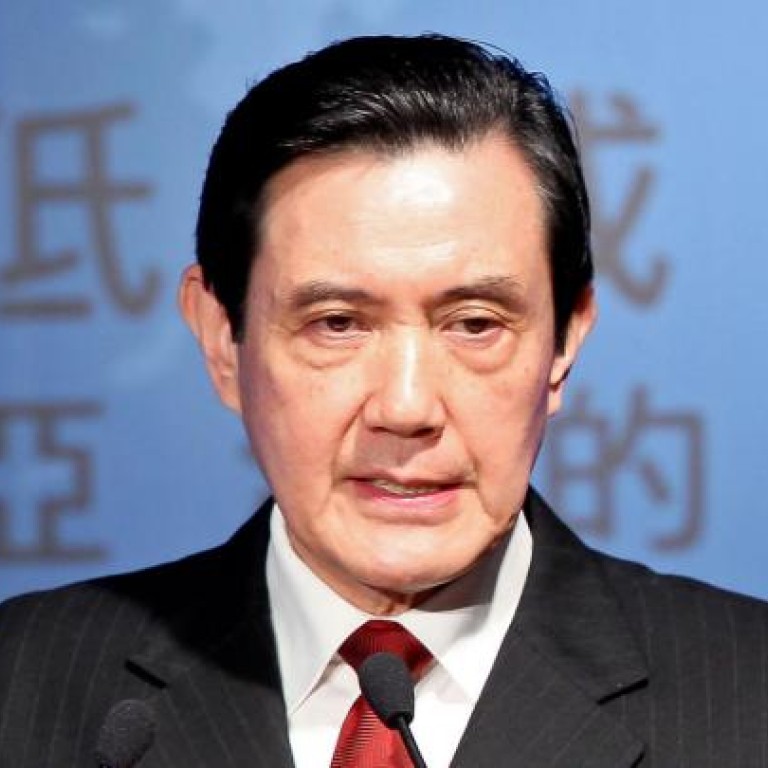
Taiwan under fire over executions
Foreign experts invited to scrutinise island's compliance with UN human rights covenants
Taiwan's executions of six prisoners in December has prompted fresh criticism of the island's president, Ma Ying-jeou, and his government from international and domestic human-rights groups.

It would be Taiwan's first human-rights report on the implementation of the two United Nations covenants. But before the arrival of the experts - two of whom had written to Ma asking him to guarantee that no executions would be carried out before their visit - the Justice Ministry authorised the execution of six inmates on December 21.
Amnesty International condemned the "cold-blooded killing" and local rights groups accused Ma of making a mockery of his oft-stated commitment to protecting human rights and his repeated appeals for the mainland to do the same.
But while capital punishment is increasingly falling out of favour around the world, Taiwan remains a society in which the concept of "an eye for an eye" still prevails. The families of murder victims demand that killers be put to death so that their victims can rest in peace.
How to handle those on death row has been a vexing problem for Ma since he became president in 2008. He has long stressed the protection of human rights, including those of prison inmates. But he faces pressure from a majority of the public take a tough stand on crime.
Ma was first confronted by the dilemma in 2010 when his government faced the end of a four-year informal moratorium on the death penalty introduced by his predecessor, Chen Shui-bian of the Democratic Progressive Party (DPP). The following year, the issue turned into an even bigger controversy when the justice minister at the time, Wang Ching-feng, threatened to resign to avoid signing documents authorising the execution of five inmates in March that year.
"I would rather step down than sign any such documents," said Wang, a human-rights lawyer before she became minister. "If these inmates can have an opportunity to rehabilitate themselves, I would be very happy to go to hell in their stead."
Wang eventually resigned after failing to win support for her move, and the execution orders were subsequently signed by her replacement, Tseng Yung-fu.
The December 21 executions followed a public uproar over the brutal murder of a 10-year-old boy by a 29-year-old jobless man on December 1. The killer, who said he wanted to go to jail for life to avoid having to find a job, found his victim in a games parlour in the southern city of Tainan, picking the boy out at random and slitting the child's throat in the parlour's bathroom.
The December executions once again prompted angry condemnation from Amnesty International. "It is abhorrent to justify taking someone's life because prisons are overcrowded or the public's alleged support for the death penalty," it said.
Ma said that although he personally favoured the decreased use of the death penalty, he had to respect the Justice Ministry's move to carry out the executions according to the law.
Even DPP leader Su Tseng-chang said that while abolishing the death penalty was a global trend, Taiwan was not ready to follow suit because the change required many other conditions, including legal revisions, education and "a strong consensus among the public".
Opinion polls have shown that more than 75 per cent of Taiwanese are opposed to the abolition of capital punishment, a level relatively unchanged for the past decade or so. Taiwan has executed more than 500 criminals in the past 25 years.

